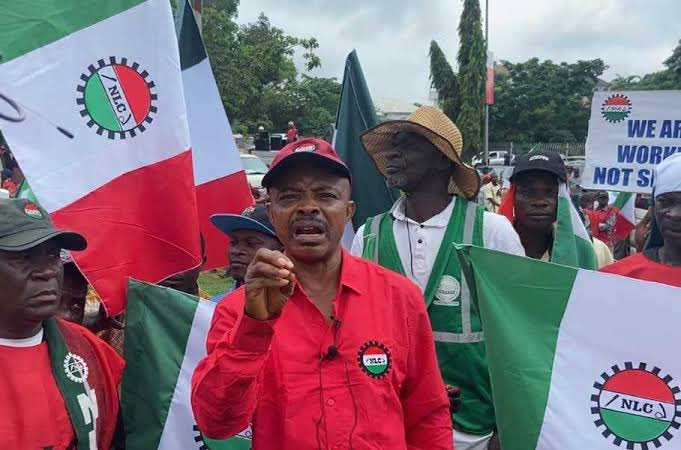As the nation grapples with economic challenges, the Nigerian Labour Congress (NLC) has embarked on a fresh deliberation regarding the minimum wage, coinciding with the commencement of zonal public hearings on the new wage structure across six geopolitical zones, including Lagos, Kano, Enugu, Akwa Ibom, Adamawa, and Abuja.
In a recent interview on Arise TV, Joe Ajaero, the President of the NLC, hinted at the potential advocacy for a minimum wage as high as N1 million, should prevailing inflationary trends persist. This statement underscores the pressing economic hardships faced by Nigerian workers and the necessity for wage adjustments reflective of the current economic landscape.
A senior official of the NLC, speaking anonymously to Punch, disclosed that based on proposals from state chapters, the figure being considered at the ongoing meetings stands at N500,000. This proposal aims to address the significant decline in purchasing power and alleviate the hardships endured by workers due to prevailing economic conditions.
The ongoing public hearings aim to gather insights and inputs from various stakeholders, including state governors, ministers, civil society groups, and the private sector. Chaired by prominent figures such as Joe Ajaero and the Minister of Finance, Wale Edun, these hearings seek to foster consensus on a new minimum wage that aligns with economic realities and meets the aspirations of workers.
This initiative follows the establishment of a 37-member panel by President Bola Tinubu’s deputy, Kashim Shettima, tasked with recommending a new national minimum wage by April 1, following the expiration of the current N30,000 minimum wage.
Ajaero emphasized the importance of considering the rising cost of living in determining the new minimum wage, citing the astronomical increase in the prices of essential commodities. He stressed that the demand for a higher minimum wage is necessitated by the need to ensure workers’ ability to afford basic necessities in the face of escalating costs.
While state chapters have proposed figures slightly above N500,000 based on cost-of-living analyses, the NLC’s final demand will depend on the collective proposals submitted by its chapters nationwide.
Amidst these deliberations, zonal public hearings are ongoing across various regions, providing a platform for diverse perspectives and informed decision-making in shaping the future of workers’ welfare in Nigeria.


